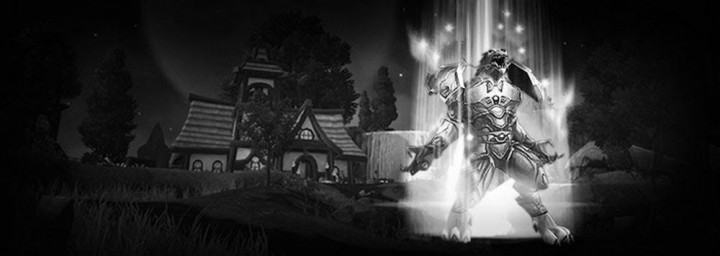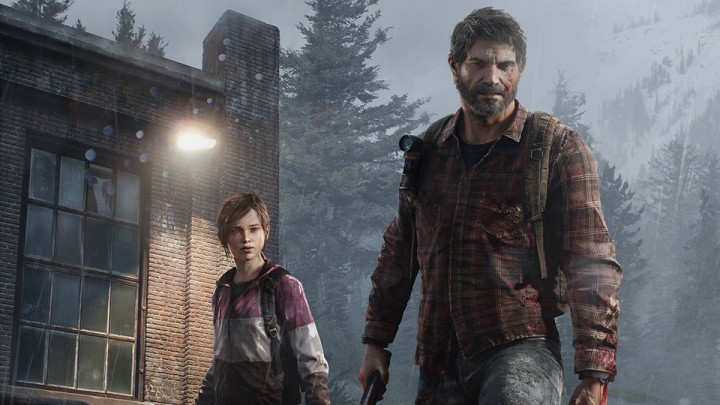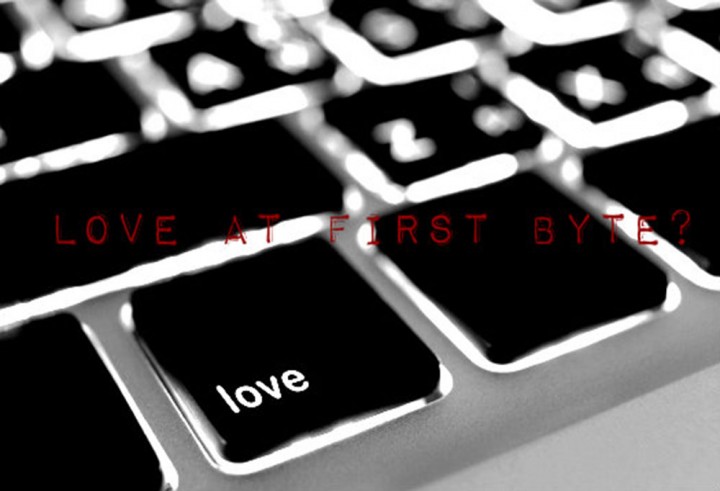The Daedalus Project was an online survey of MMORPG players which is currently in hibernation, but the archives are still available. In relation to the survey Heather Sinclair, a member of the Dungeon and Dragons Online development team, made an interesting comment:
“From beta all the way through months into launch players were CONVINCED that if you used the diplomacy skill on a chest it would improve the loot you got..



















